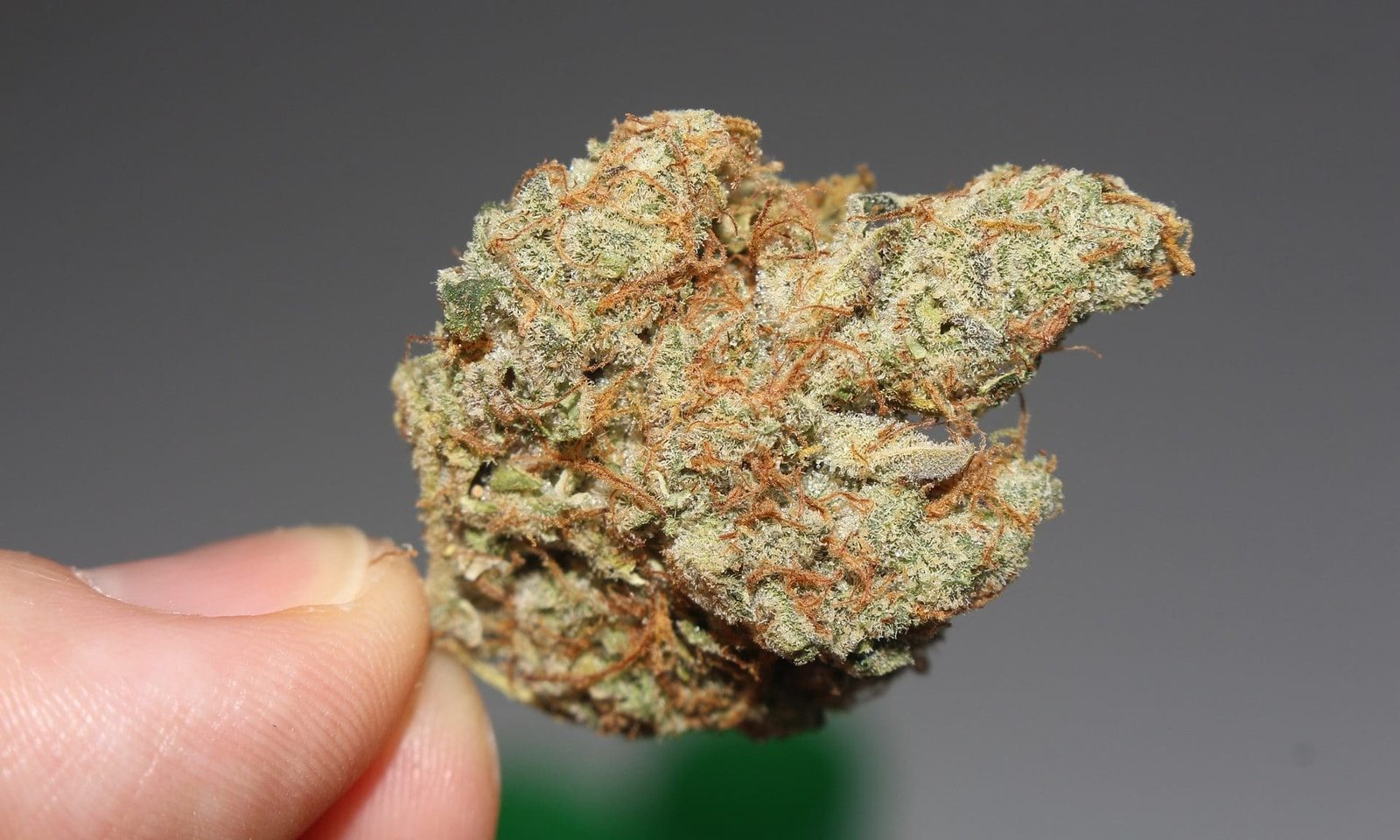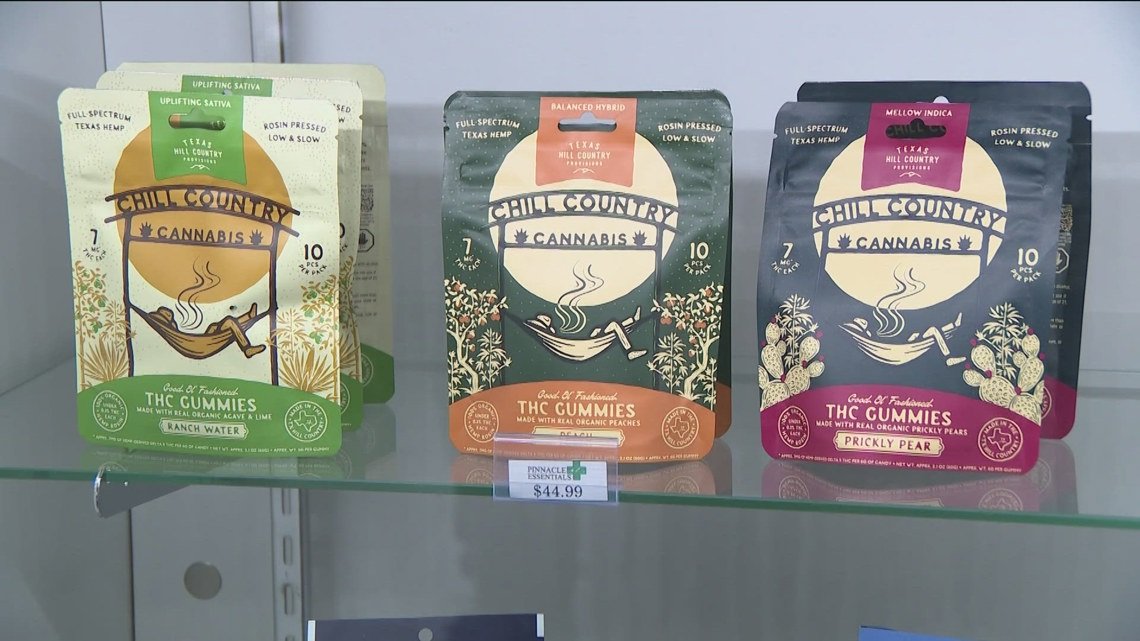In 2024, Brazil’s federal Supreme Court made a significant decision to decriminalize personal possession of cannabis up to 40 grams. This ruling was unanimously reaffirmed in February 2025. Following this change, the Ministry of Justice and the National Council of Justice are working on a new “health-based” drug policy.
The proposed policy appears to be inspired by Portugal’s approach to drug decriminalization. Instead of sending individuals to prison for personal possession, the plan suggests referring them to the Centers for Access to Rights and Social Inclusion (CAIS). At these centers, individuals may be directed to treatment options at various therapeutic communities in Brazil, which have faced scrutiny for their practices.
However, questions remain about what happens if individuals refuse to attend their CAIS evaluation or decline treatment. So far, the government has not clarified whether people will have a choice in accepting these referrals. At a United Nations meeting in March, where the new policy was introduced, no details were provided regarding individuals’ options.
CAIS are intended to serve as multidisciplinary hubs where low-income drug users can access essential services. While the initiative seems beneficial for public health, it has been criticized as a form of law enforcement cloaked in therapeutic intentions. The evaluations conducted at these centers will be done by teams of social workers, health care professionals, and legal assistants instead of judges, resembling drug courts.
If an evaluation team assesses a person to be at significant risk—due to factors like race, poverty, or behavioral health issues—they may be directed into treatment pathways that lack effectiveness and voluntary consent. The existing public treatment system is already overwhelmed, leading many individuals to be referred to privately-run therapeutic communities, often with a faith-based orientation. These facilities have been criticized for operating like forced labor camps with inadequate oversight and a history of human rights abuses.
Under President Luiz Inácio Lula da Silva’s administration, these therapeutic communities have not only survived but flourished. Despite Lula’s progressive image, his government has continued to fund involuntary commitment practices and strengthen ties with community leaders in the treatment sector.
Former Minister of Health Nísia Trindade had called for a more humane and evidence-based drug policy but was dismissed in February. A report from December 2022 that she led recommended eliminating policies that supported therapeutic communities and involuntary commitments. This report has since been removed from government websites, raising concerns about the commitment to evidence-based policy.
While Brazil’s new model cites Portugal’s successes, it fails to recognize that Portugal’s approach views drug use as a part of society rather than a problem to eliminate. Portugal’s effective decriminalization was accompanied by educational reforms and investments in syringe service programs. Unlike Brazil’s plan, any treatment referrals in Portugal are not mandatory, allowing for a more compassionate approach to drug use.
Currently, Brazil has only 22 CAIS centers operational, with nearly 100 still in development. The government is considering utilizing video calls for evaluations to address the gap in services.




